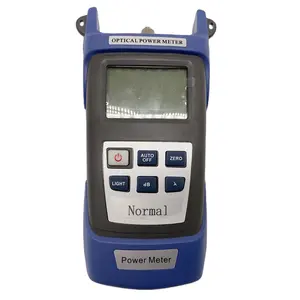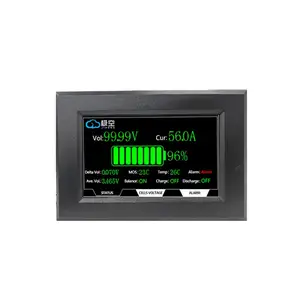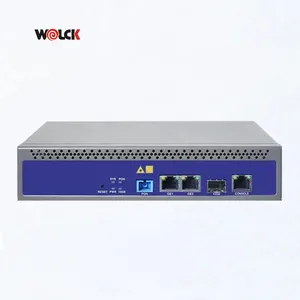Popular in your industry
























































Related Searches:






























































































































Top categories
About electrochemical sensor
Understanding Electrochemical Sensors
Electrochemical sensors are pivotal in the detection and measurement of various substances through electrochemical reactions. These devices are integral to numerous sectors, providing critical data in real-time. The versatility of electrochemical sensors is evident in their ability to adapt to different environments, from controlled laboratory settings to the dynamic and unpredictable outdoors.
Types and Applications
The scope of electrochemical sensors spans across several types, each designed to cater to specific detection needs. For instance, electrochemical gas sensors are widely used for monitoring air quality and detecting toxic gases. In the medical field, electrochemical glucose sensors play a crucial role in diabetes management by measuring blood glucose levels. Meanwhile, electrochemical oxygen sensors, including the galvanic cell oxygen sensor, are essential in environments where oxygen levels must be closely monitored, such as in medical anesthesia and industrial processes.
Features and Materials
The construction of electrochemical sensors involves materials that facilitate precise reactions with the target analytes. For example, electrochemical co sensors and carbon monoxide electrochemical sensors often use advanced composites and alloys that react selectively with carbon monoxide. The materials are chosen for their stability, sensitivity, and selectivity, ensuring accurate readings and long-term reliability.
Advantages of Electrochemical Detection
Electrochemical detection methods, such as amperometric and potentiometric electrochemical cell technologies, offer several advantages. They provide high sensitivity and specificity, which is particularly beneficial in the detection of trace levels of gases. Additionally, the compact size of electrochemical gas detectors allows for their integration into portable devices, enhancing their applicability in fieldwork and personal safety equipment.
Selection and Integration
Choosing the right electrochemical sensor depends on the specific application and the substance to be detected. For instance, an electrochemical hydrogen sensor is tailored for environments where hydrogen detection is critical for safety. Integrating these sensors into systems is facilitated by their compatibility with various electronic interfaces, allowing for seamless operation within larger monitoring networks.
Conclusion
In conclusion, electrochemical sensors are a diverse group of devices essential for detecting a wide range of substances with precision and efficiency. Their application in fields such as environmental monitoring, healthcare, and industrial safety underscores their importance in today's technologically driven world. For businesses seeking to procure these sensors, Alibaba.com offers a platform to connect with suppliers that can meet specific industry needs without the hassle of retail constraints.



















































